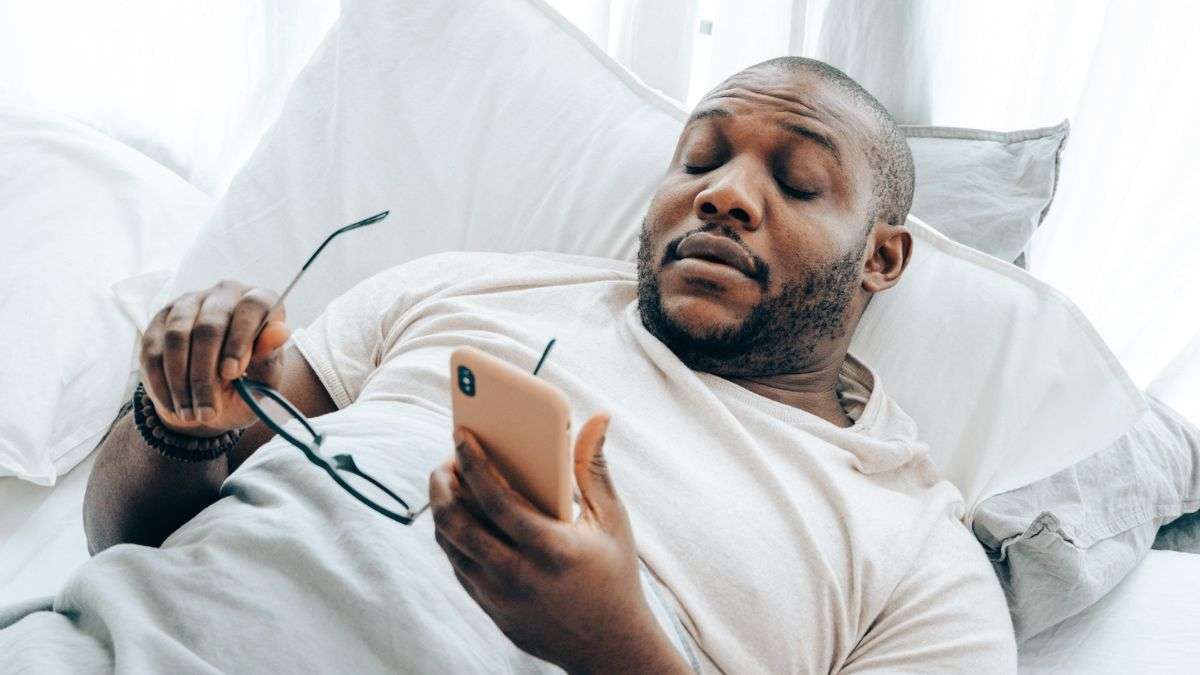Article Blog Post
Traditional Tips for Insomnia
- Caitlin Camisa

Content republished from Acupuncture Media Works
Getting Better Sleep
When you consider that Traditional Chinese Medicine (or TCM) dates back over 3,000 years, it is easy to see the vastness of theory and history involved. This fascinating complementary medicine arms practitioners with a plethora of unique diagnostic tools. These tools include an ability to detect Qi imbalances, define the underlying problems and correct them. When it comes to Spring, Traditional Chinese Medicine recommends MORE activity. In order for one to become more physically active, it is imperative to have and maintain a healthy sleep schedule. However, recent statistics show nearly 60 million Americans experience insomnia and other sleep-related problems daily (and this statistic was taken before the Covid-19 global crisis). With these numbers, understand that if you are suffering from insomnia or unable to get a good night’s rest, you are absolutely not alone. The good news is, implementing some basic TCM practices could help you get back on track.
Acupuncture and TCM continue to come out on top of the list of suggested treatments for sleepless nights and improper circadian rhythms. The reason TCM is so effective has a lot to do with the adaptability of treatment modalities. TCM does not only suggest herbs and acupuncture, or massage and physical exercise but also lifestyle changes to introduce healthy habits. Hereare some of our favorite lifestyle adaptations you can consider if you or someone you love is struggling with insomnia.
Spend Time Outside
Camping has been shown to help reset the sleep cycle of insomniacs. Your body will be able to reset itself after a couple of days, allowing your circadian rhythm to get you back into a proper sleeping pattern. This theory goes hand in hand with some of TCM’s primary principles; staying in tune with nature. Ask me for some of my favorite springtime outdoor activities.
Digital Detox
The digital stimulation we experience these days is overwhelming. This past year was absolutely no exception. In 2020, virtual meetings and classes took over our homes, near-constant attention to news updates became a necessary evil, and social media became the primary means of community. With the “go-gogo” attitude of mainstream culture, sometimes digital stimulation alone can make it hard to slow down enough to find rest. Turn off the devices at least 2 hours before bed. Better yet, create a digital detox day of the week: one day where you and your family unplug and allow yourself to re-acclimate to the natural world.
Plan for Sleep
Setting a bedtime, and sticking with it, can help reset your sleep cycle. Implement a routine and do the same things nightly before going to bed. If you are struggling to fall asleep on time, consider a wind-down routine. Create a routine for yourself that may include a cup of tea, a yoga or tai chi session, reading or writing. Experiment with what feels best for your mind and body.
Change the Lighting
We are all sensitive to light. Before the regular use of artificial lighting, humans spent their evenings in a slow transition to nighttime darkness. In the evening create a darker environment in your home to help your brain ease out of the daytime stimulation and start slowing down. Alternatively, when you wake up in the morning, be sure to open the shades and turn the lights on again to help tell the brain to wake up and get going. Consistency is essential and will help train your brain and balance your circadian rhythm.
Late Night Binges
Stop ingesting caffeine, alcohol, and nicotine and go easy on the late-night snacks. Eating too late is common and can cause indigestion and restless nights. If you’re still hungry right before bed, try something light and healthy, like a tablespoon of peanut butter or a handful of almonds.
Schedule Your TCM Evaluation
Traditional Chinese Medicine has been proven by many studies to be a safe and effective treatment for insomnia. Treatments include acupuncture, at home acupressure routines, breathing exercises, lifestyle changes, environmental adaptations, herbal prescriptions, even nutritional recommendations and so much more. Your specific symptoms and patterns of disharmony will be addressed all in an effort to find the root cause(s) of your sleeplessness.
As you can see, there are many ways to battle insomnia and balance your sleeping patterns. Find the remedies, therapies, and routines you resonate with most, and stick with them. I’m here to help, give me a call to schedule your appointment for more information.